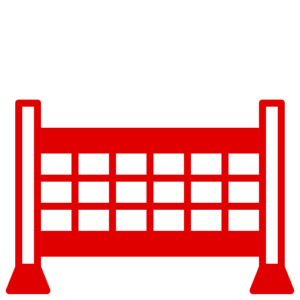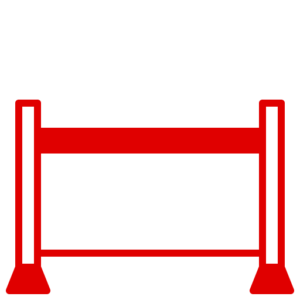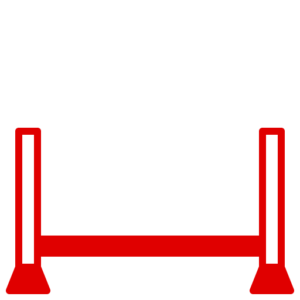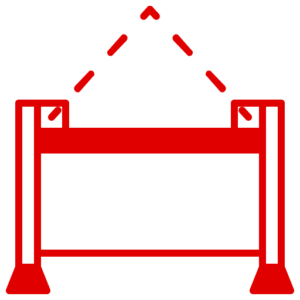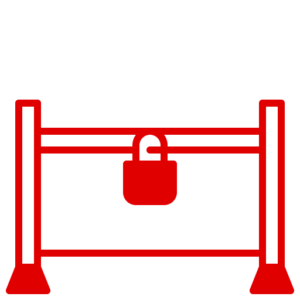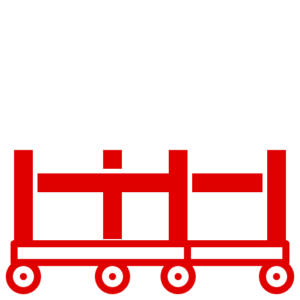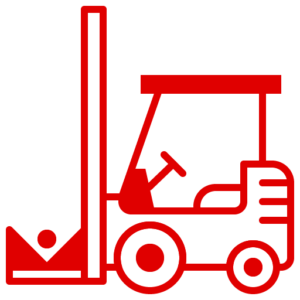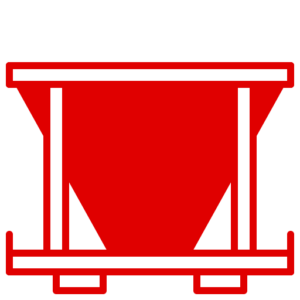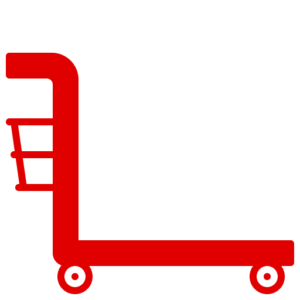News
Crafting the Ideal Castors for Your Lowe Stillages & Cages Warehouse Trolley
The power of a warehouse trolley lies in its wheels. The proper castors, an integral component of your Lowe Stillages & Cages trolley, can greatly enhance your warehouse operations by enabling seamless and efficient movement of goods. From A Frame to Flat Bed trolleys, and Sheet Panel to Toast Rack trolleys, the inclusion of the right castors enhances your trolley’s load capacity, mobility, and overall functionality. This blog post will provide valuable insights into choosing the perfect castors for your Lowe Stillages & Cages warehouse trolley. Understanding Your Requirements: Before exploring the broad spectrum of castor options, it’s crucial to dissect your unique needs. Here are some essential factors to consider: a) Load Capacity: Ascertain the maximum load your trolley will handle to select castors that can withstand the weight while ensuring safety and manoeuvrability. b) Flooring Conditions: Evaluate the nature of your warehouse flooring. Certain castors perform optimally on specific surfaces like concrete, tile, vinyl, or carpet. Pay attention to potential obstacles such as ramps, thresholds, or gaps.
c) Noise and Vibration: Assess the need for noise or vibration reduction in your warehouse, especially in areas where minimal noise is essential. Types of Castors: a) Swivel Castors: Equipped with 360-degree rotation, swivel castors offer superior manoeuvrability and flexibility. They are ideal for tight spaces and quick direction changes. b) Fixed Castors: These castors are engineered for linear movement and do not rotate. They contribute to stability and are perfect for trolleys moving primarily in a straight path.
c) Brake Castors: For trolleys that need to remain stationary when idle, brake castors are the answer. These castors provide stability and eliminate unwanted movement when the trolley is parked. Wheel Material: a) Rubber: Rubber wheels provide excellent traction and shock absorption. They are noiseless, non-marking, and ideal for smooth surfaces, but might not be suitable for heavy loads or uneven surfaces.
b) Polyurethane: Known for their durability and high load-bearing capacity, polyurethane wheels offer superior manoeuvrability. They are ideal for various surfaces, including concrete, and resist abrasion effectively.
c) Nylon: Recognised for their strength, durability, and resistance to chemicals and moisture, nylon wheels are ideal for heavy loads and can function on both smooth and rough surfaces.
d) Cast Iron: While cast iron wheels can sustain heavy loads due to their extreme durability, they may generate more noise and vibration, making them less desirable in noise-sensitive environments.
Make sure your chosen castors can support both the weight of your Lowe Stillages & Cages trolley and its maximum load. The wheel size and load capacity of each castor are vital factors to consider. Evenly distributing the load across all the castors enhances stability and reduces accident risks. Maintenance and Replacement: Reflect on the maintenance needs of your castors and their replacement ease. Opt for castors that can be easily cleaned, lubricated, and repaired. Having replaceable parts such as wheels or bearings can prolong your castors’ life, proving to be cost-effective in the long run.
The right castors can profoundly influence the effectiveness and functionality of your Lowe Stillages & Cages warehouse trolley. By meticulously considering factors like load capacity, flooring conditions, noise and vibration, types of castors, wheel materials, size, and maintenance, you can make an informed decision. Remember, a wise investment in high-quality castors aligned with your specific needs ensures smooth, safe, and efficient material handling in your warehouse.

